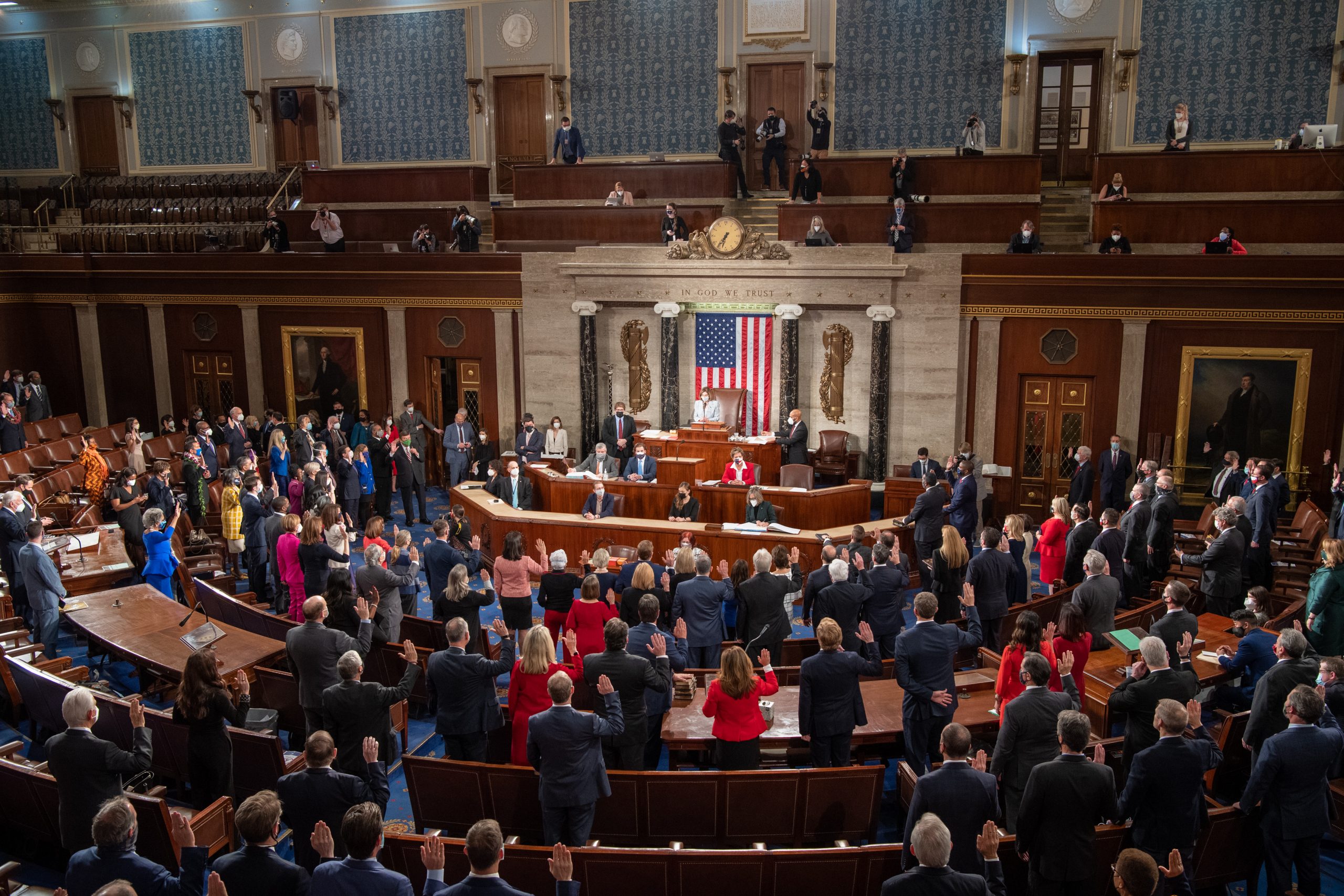Developing Food Charity Operations Management System
Nwadher Alblihed – Mai Almutairi – Refaf Almahmoud – Suliman Aladhadh- Abdulatif Alabdulatif
Collage of Computer, Qassim University, Buraydah, Saudi Arabia
Abstract: Food waste is a global concern involving several socio-economic factors that have led to an increased surplus of food quantities in communities. Charitable organizations collect food donations from donors who have excess food quantities and then distribute the food to needy people. Nowadays, technology can contribute to reducing food waste and improves food charity operations management. This paper aims to present a web-based food charity operations management system that automates charity operations, starting from donating food from donors to managing processes within food bank organizations and re-distributing food to the registered needy. The operations management system that has been developed significantly improves the efficiency of overall food charity operations and also overcomes the food access gap between the main entities, including food charity organizations, donors and needy people, ensuring a high level of service quality.
CLICK HERE to order complete article












